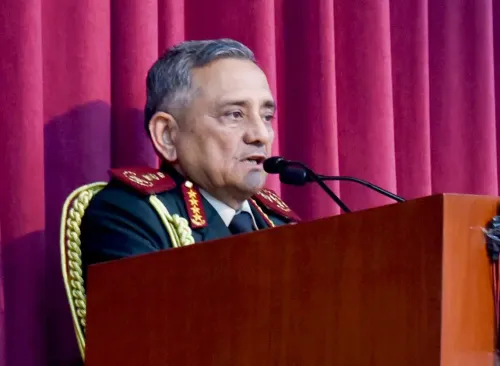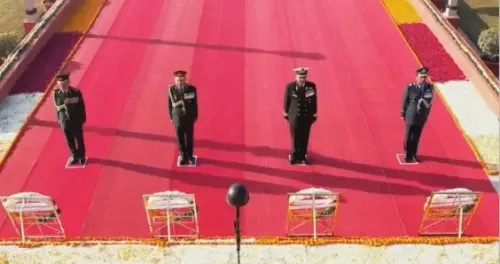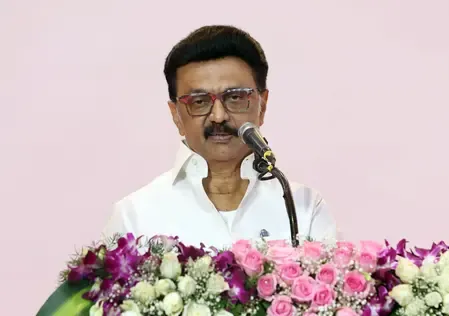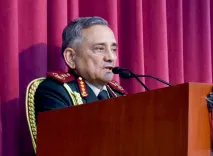Did You Know? Kharge Honors 'Smiling Buddha', India's First Nuclear Test
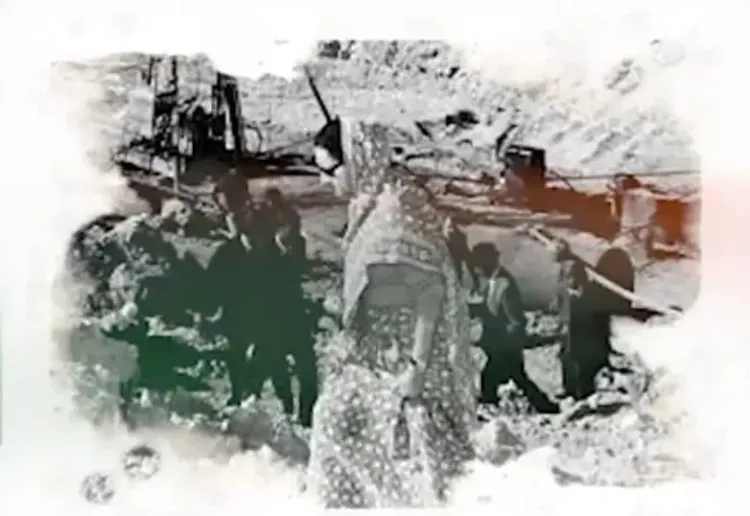
Synopsis
Key Takeaways
- India's first nuclear test: Conducted on May 18, 1974.
- Significant milestone: Established India as a nuclear-capable nation.
- Leadership: Indira Gandhi’s pivotal role in the test.
- Scientific achievement: Highlighted India's technological capabilities.
- Geopolitical impact: Reinforced India's strategic autonomy.
New Delhi, May 18 (NationPress) Congress President Mallikarjun Kharge on Sunday honored the 51st anniversary of India’s inaugural nuclear test, dubbed 'Smiling Buddha', conducted on May 18, 1974.
This event marked a significant chapter in India’s scientific and strategic narrative, elevating India to the ranks of nuclear-capable nations, becoming the sixth country globally to achieve this milestone.
In a post on the social media platform X, Kharge praised India’s scientific innovators and acknowledged the leadership of former Prime Minister Indira Gandhi.
His tribute read: "51 years ago, India executed its first Nuclear Test, known as ‘Smiling Buddha’, making us the 6th nation worldwide to perform such tests. The extraordinary achievement of our scientists and researchers is commendable. We owe them our heartfelt gratitude. Smt. Indira Gandhi's dynamic leadership showcased remarkable courage during challenging times, a legacy that remains. Jai Hind!"
The nuclear test, performed at the Pokhran Test Range in Rajasthan, symbolized India’s entry into the international nuclear community.
Officially referred to as a “Peaceful Nuclear Explosion,” the operation was a meticulously orchestrated scientific and strategic landmark that astonished the global audience. Despite facing international backlash and the suspension of various nuclear collaborations, India remained steadfast in its pursuit of an independent nuclear agenda.
The foundation for this groundbreaking moment was established over previous decades. India had vehemently opposed the Nuclear Non-Proliferation Treaty (NPT), which was enacted in 1970, perceiving it as biased and arguing that it restricted the rights of nations outside the established nuclear powers and limited India’s sovereign right to develop its nuclear capabilities.
Smiling Buddha was not only a scientific achievement but also a geopolitical declaration. It showcased India’s ability to utilize nuclear energy for peaceful applications while affirming its strategic independence. The success of the 1974 test paved the way for further advancements in India’s nuclear technology, ultimately leading to the series of tests in 1998 under Operation Shakti.
The legacy of Pokhran-I stands as a monument to India’s determination, scientific innovation, and commitment to self-sufficiency in defense and technology.


